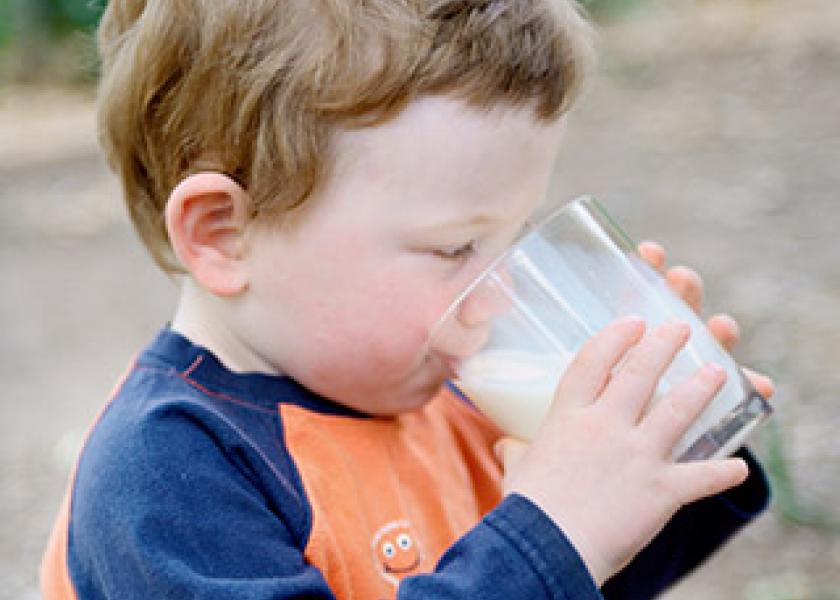WIC Participants Highly Concerned with USDA’s Proposal to Cut Back Dairy

Milk is a number one food product that families rely on. This certainly holds true when it comes to Special Supplemental Nutrition Program for Women, Infants and Children (WIC), as nutritious dairy products like milk, cheese and yogurt make up the most commonly purchased food.
A medical assistant and eligibility specialist for the WIC program shared with International Dairy Foods Association (IDFA) that most mothers that she works with are actually in the program just for milk.
The WIC program serves close to 6 million moms, babies, and young children with specialized nutrition and nutrition education, including roughly half of all infants, in the United States. The USDA recently proposed to cut the amount of dairy provided through the WIC food package by up to 6 quarts per month, depending on the participant, with the largest reduction for pregnant and breastfeeding mothers.
However, USDA has proposed dropping this by 25%, as they say the cuts are ‘science-based’ recommendations by the independent National Academics of Science, Engineering and Medicine of world experts.
Michael Dykes, IDFA’s President and CEO, says that this proposed cut to dairy through the WIC program would be detrimental.
“For example, for a pregnant WIC mother with two children under 5 years of age, the proposal would remove the equivalent of up to 3 gallons or more of milk per month, depending on the participant,” he says. “In addition to being the most popular products, dairy foods provide mothers, infants, and children with 13 essential nutrients needed for growth and development at the critical life stages surrounding pregnancy, birth, and early childhood. At the same time, the Dietary Guidelines for Americans highlight that nearly 90% of Americans do not consume enough dairy to meet dietary recommendations.”
Dykes says that should the USDA follow through with its proposal, it would make life much harder for the women and children who rely on milk and dairy benefits every month.
According to a recent IDFA-Morning Consult poll, 20% of WIC participants would choose not to re-enroll in the program should USDA follow through with the cuts to milk and dairy benefits. A staggering three-in-four WIC participants (76%) said they are concerned with the USDA proposal. One-third (35%) say they will need to use non-WIC funds to cover purchases of milk and dairy. One-quarter (26%) say the reduction will make their shopping for milk and dairy products harder.
“At a time of rising food costs and high food insecurity, USDA should focus on increasing access to a wide variety of healthful, nutrient-dense, and affordable foods, including dairy products,” Dykes says.







